March 2019
Globally Engaged...What does that look like?
3/25/2019
Imagine if you were dropped off in a new country. You don't speak the native language. Your translator is 12 years old, so conveying your thoughts, feelings, and basic needs is dependent on communication with and through a pre-teen. You wake up the following morning and report to work...a school where the children in your class do not speak the same language as you. This is the scenario our pre-service and practicing educators and administrators experience during our Geaux Global programs in Chile.
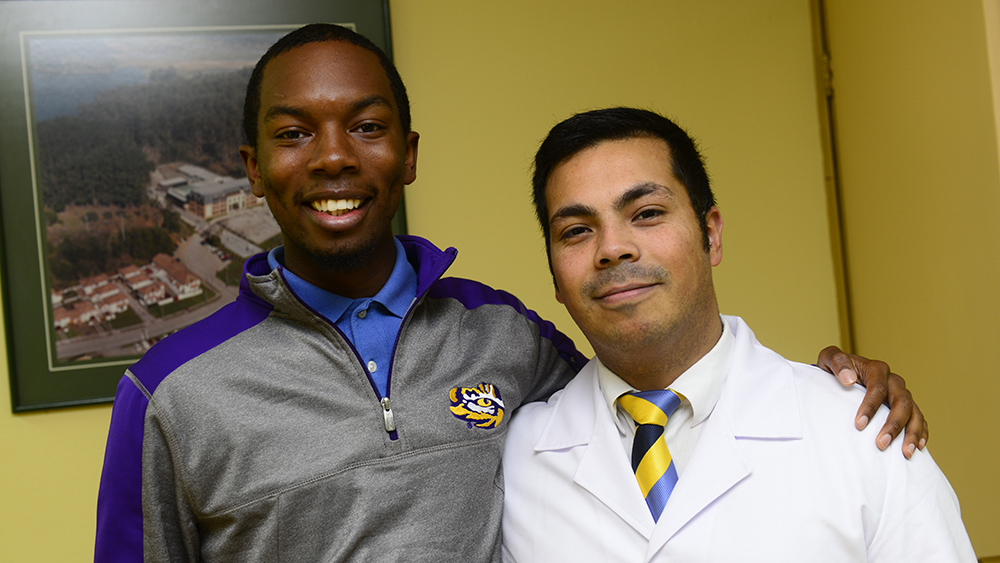
LSU students are paired with a mentor teacher in Chile.
One of the biggest challenges facing educators (not just teachers) is responding to children and families in a culturally relevant and responsive manner given the continuously shifting demographics with rises of multi-lingual and multi-cultural students, particularly in a political environment nationally where the official policy and the accompanying rhetoric of the day is less and less engaging of the difference that has been fundamental to what makes the United States what it is.
When we look at the national trends of educators in the public sphere we see a predominately mono-lingual and mono-cultural group charged with the education of a fantastically diverse student body. While we work to prepare educators in our courses around identity, difference, and the engagement of all learners many of these lessons fail to ultimately impact the pedagogy children receive or have positive outcomes on student performance.
Beginning 15 years ago I wanted to find a way for pre-service and in-service educators to be challenged in a unique cultural context to learn about difference where they could better understand their own identity and its relationship to engaging others, challenge their assumptions and ideas about others, and provide them with the opportunity to experience the frustration that many second language learners experience to foster development. The Teach in Chile program in Concepcion Chile was born out of this vision and has been running successfully for 15 years, entering its 8th year at LSU and branching to a second program, Geaux Global in Santiago Chile, designed especially for in-service teachers.
Since coming to LSU, myself along with colleagues Ken Denny and Margaret Denny, organize a 120-hour educational internship in PreK-12 schools in Chile where participants are paired with skilled Chilean mentor teachers, work with bilingual children on enhancing their English, and then live with host families from the school where they learn about the realities that children face not just in school but also in their out-of-school lives. In the U.S. teachers do not have the opportunity to live with students and families to have an inside view to the realities that students and families face navigating their day-to-day lives. In the context of these programs the 12-17-year-old adolescent is the only person guaranteed to know Spanish and English, forcing the participants and the students' parents to rely on the adolescent as a life source of communication. Both parents and participants have the opportunity to see the value and strength of bilingual students which directly challenges the mono-lingual assumption in the U.S. that prides itself on English-only pedagogy and frames second language learners as intellectually deficient.
Participants are also challenged by how they frame what they think Chile will be like with the reality. Where many participants conceptualize Chile before the experience as backward, rural, lacking resources, and undereducated, they arrive in Concepcion and Santiago with their nearly 1,000,000 and nearly 8,000,000 resident populations respectively and find a modern, technologically advanced, politically and economically stable country. Even the idea of what it means to be American is challenged as Chileans, like many of their neighbors, see themselves as American and Chilean and help point out that English lacks a word to describe those from the United States of America in a way that does not essentialize those from the U.S. as the only Americans.
Participants remain close with their teacher partners and host families long after the experience ends, and most participants find that the experience helps connect the pieces of Velcro between the philosophy and pedagogical ideas of culturally relevant and what the practices actually look like enacted. Participants remember their own anxiety and fear in a society where everyone was speaking a language and they had to rely on others for communication, and they report better engagement not only with second language learners but in any context in their practice where a student or students are not fully understanding what is happening.
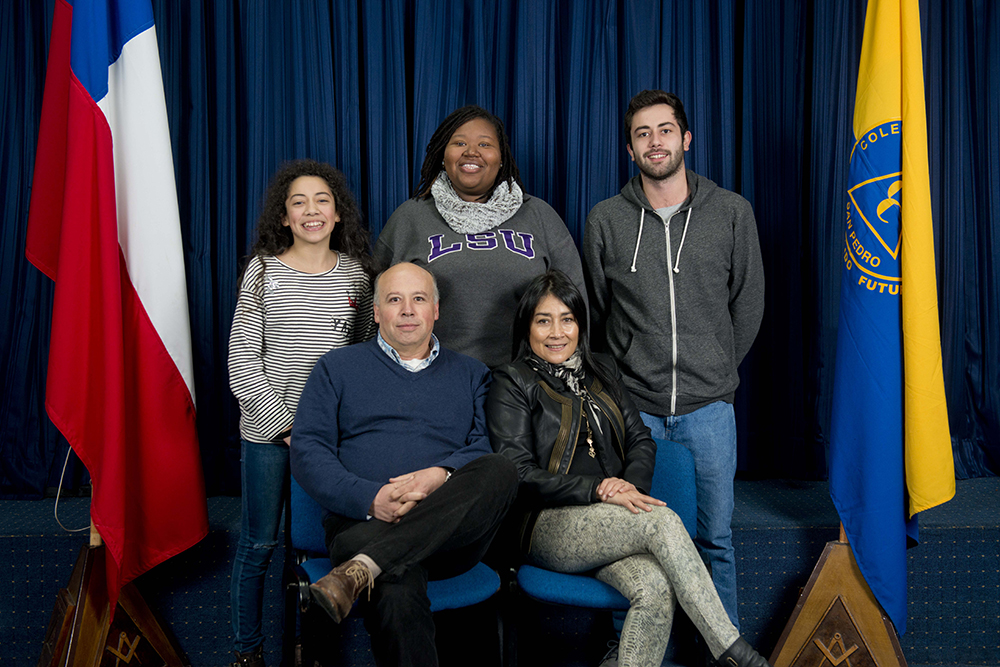
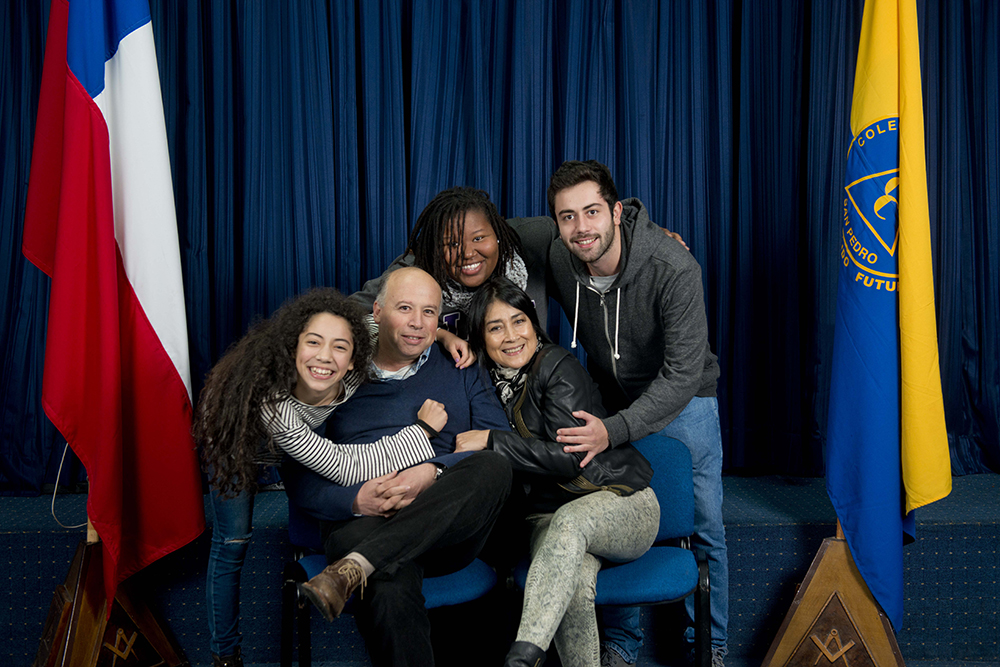
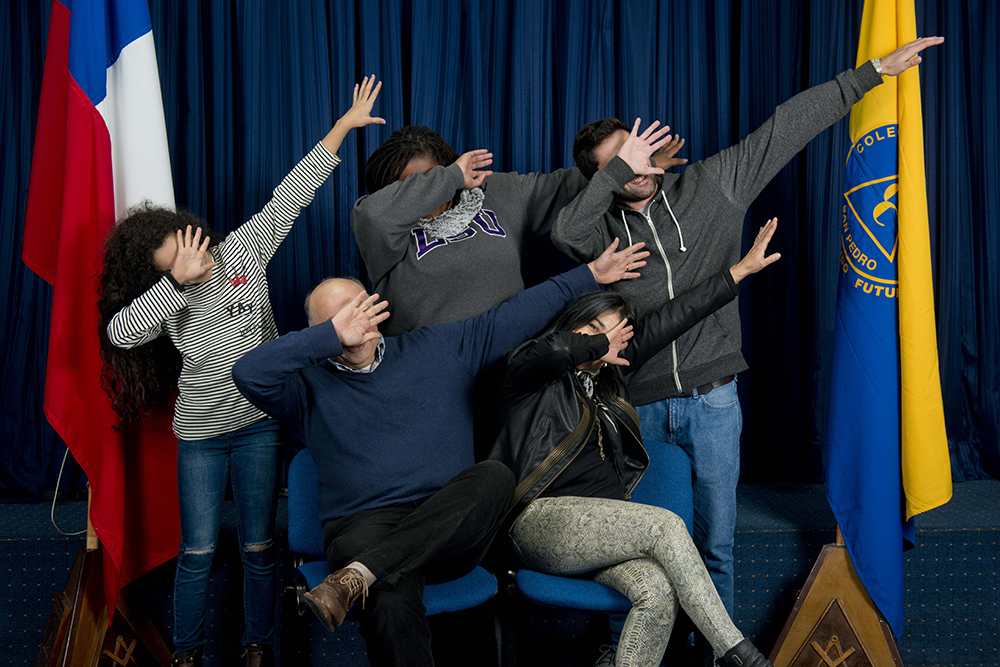
While empathy and developing the empathy of teachers is a major advantage to the Teach in Chile and Geaux Global in Santiago programs, we have also learned four specific principles that we not only think are ‘best’ practices but could be next practices to apply in any setting where the outcome is engagement of all stake holders.
Next Practices
First, we have learned that communication matters and our program focuses on listening twice as much as we speak. We learn that our partners in Chile have much more to share with us than we think we might be able to offer them, and through listening and communication we begin to understand each other’s perspectives.
Second, we believe that challenging is important; our partners work with participants to challenge their belief systems, how they see themselves, and learn that through challenging smart data-informed risk taking can take place that enhances participants ability to engage in great pedagogical decision making.
Third we have come to learn that intensive 360-degree processing is important to facilitate growth. We draw upon journals, blogs, meeting loops that include the perspectives of students, teachers, participants, host families, educational leaders, and LSU faculty. The myriad of communication loops have shown that processing is a necessary step toward learning the most from the context you are in.
Finally, service-learning facilitates shared visioning and the ability to move beyond ones interests. Each year the students, teachers, and participants engage in a service-learning project to the larger Concepcion or Santiago communities, lately focusing on costal restoration through a partnership with LSUs Pam Blanchard and Ed Bush’s Costal Roots program. Through this service-learning approach content areas are developed, particularly language arts, science, and math to grow native trees and grasses and then work with community partners affected by costal erosion (a real challenge in Chile as it is in Louisiana) to help restore the environment. While the environmental engagement itself is worth doing, the service-learning context creates the opportunity for goal setting, collaboration, and time to talk with all involved in a way that fosters mutual respect.
In all, we see these four components as our best practices from Chile and we leave you with an invitation to ponder
What might be your next practice with these ideas, where engagement, equity, and excellence are the goals?
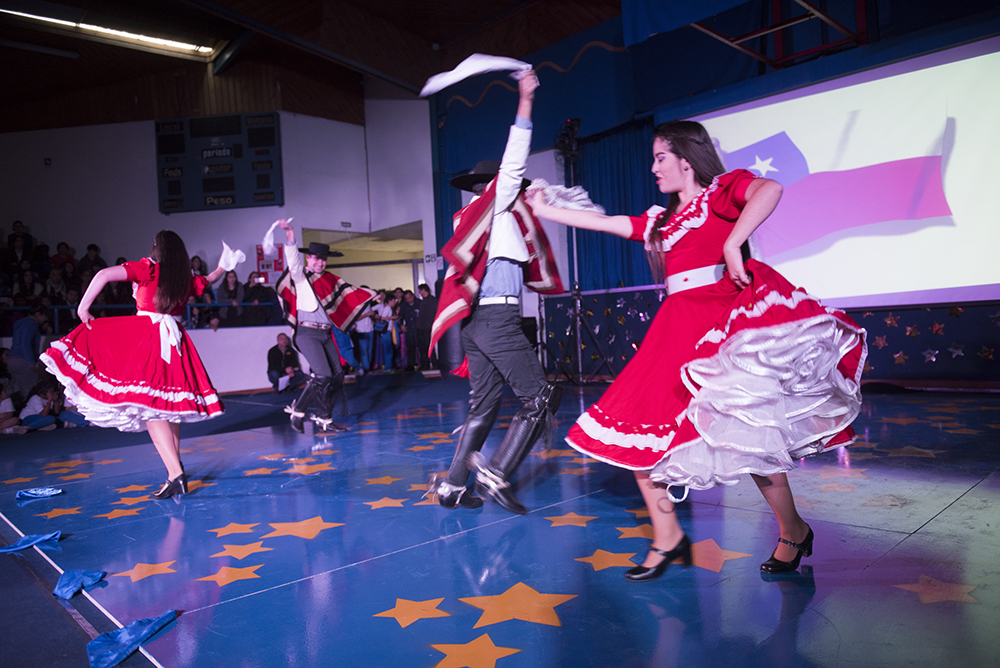
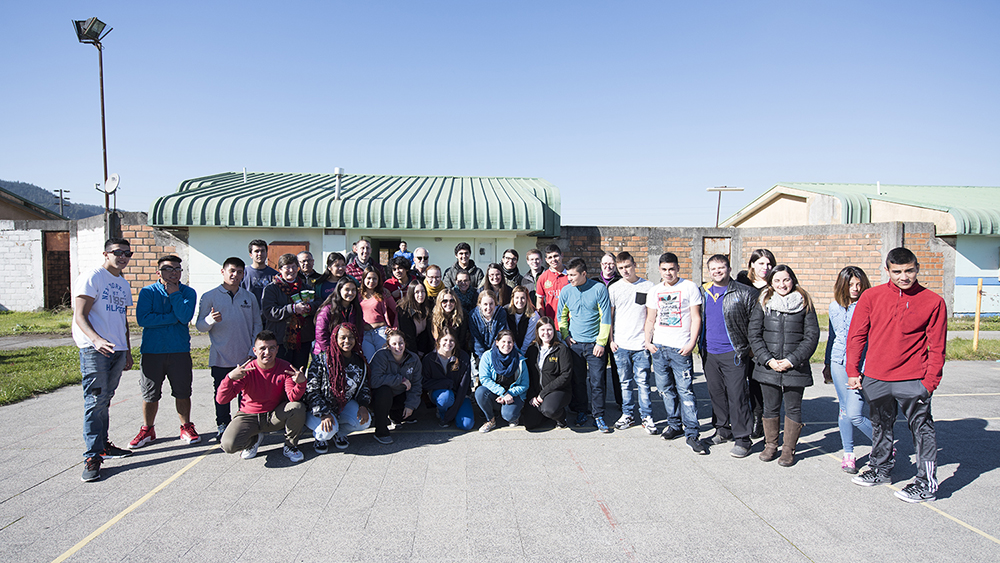
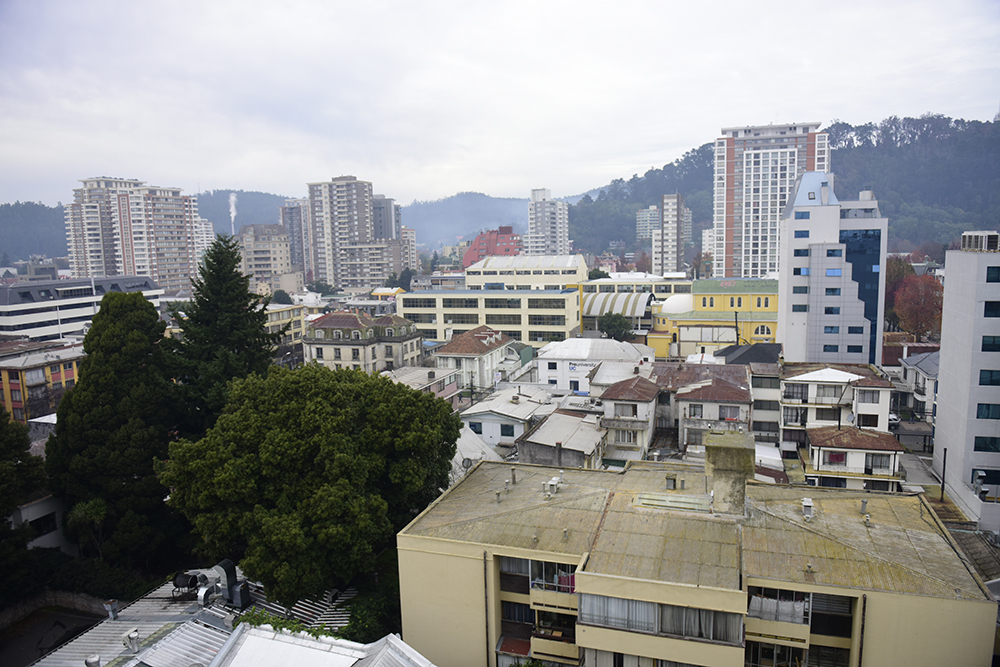
- Photo credit: Marco Montalbetti V.
Written by:
Kenny Fasching-Varner, PhD
Fasching-Varner’s areas of scholarly expertise and interest center on the intersections related to identity in globalized contexts. Varner examines the nature of White Racial Identity (WRI), Critical Race Theory (CRT), and Culturally Relevant Pedagogy as well as the role of international education, neo-liberalism, and educational foundations within global contexts. He is the author of over 65 publications including articles in the journals Teacher’s College Record, Educational Foundations, Democracy in Education, and Social Identities: Journal for the Studies of Race, Nation, and Culture among others, and has edited and authored 13 books related to these areas of expertise. Varner studied Language, Literacy, and Culture with a focus on Critical Race Theory and Culturally Relevant Pedagogy at The Ohio State University in Columbus Ohio and is a faculty member of the Curriculum Theory Project (serving as interim co-director fall of 2018).
